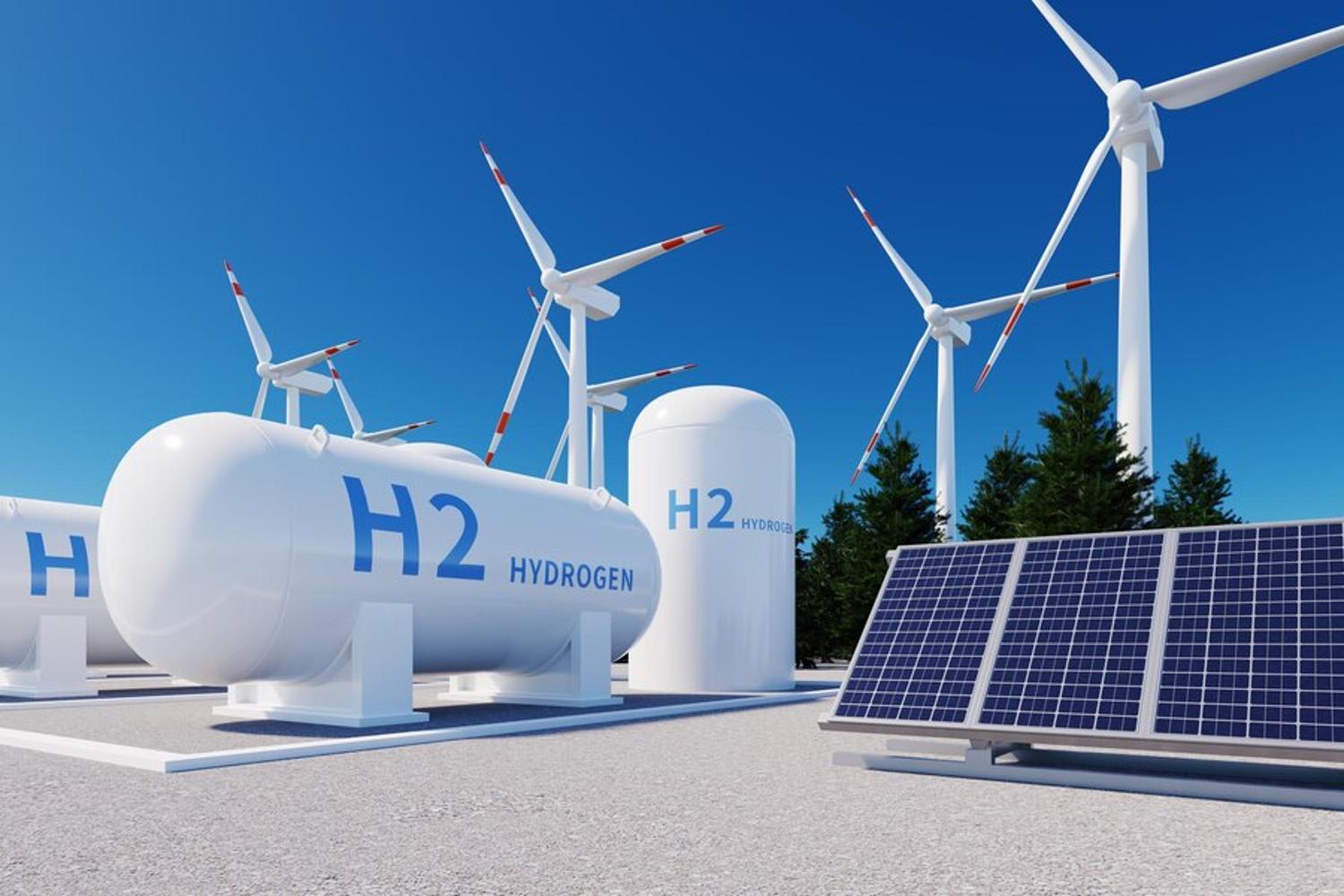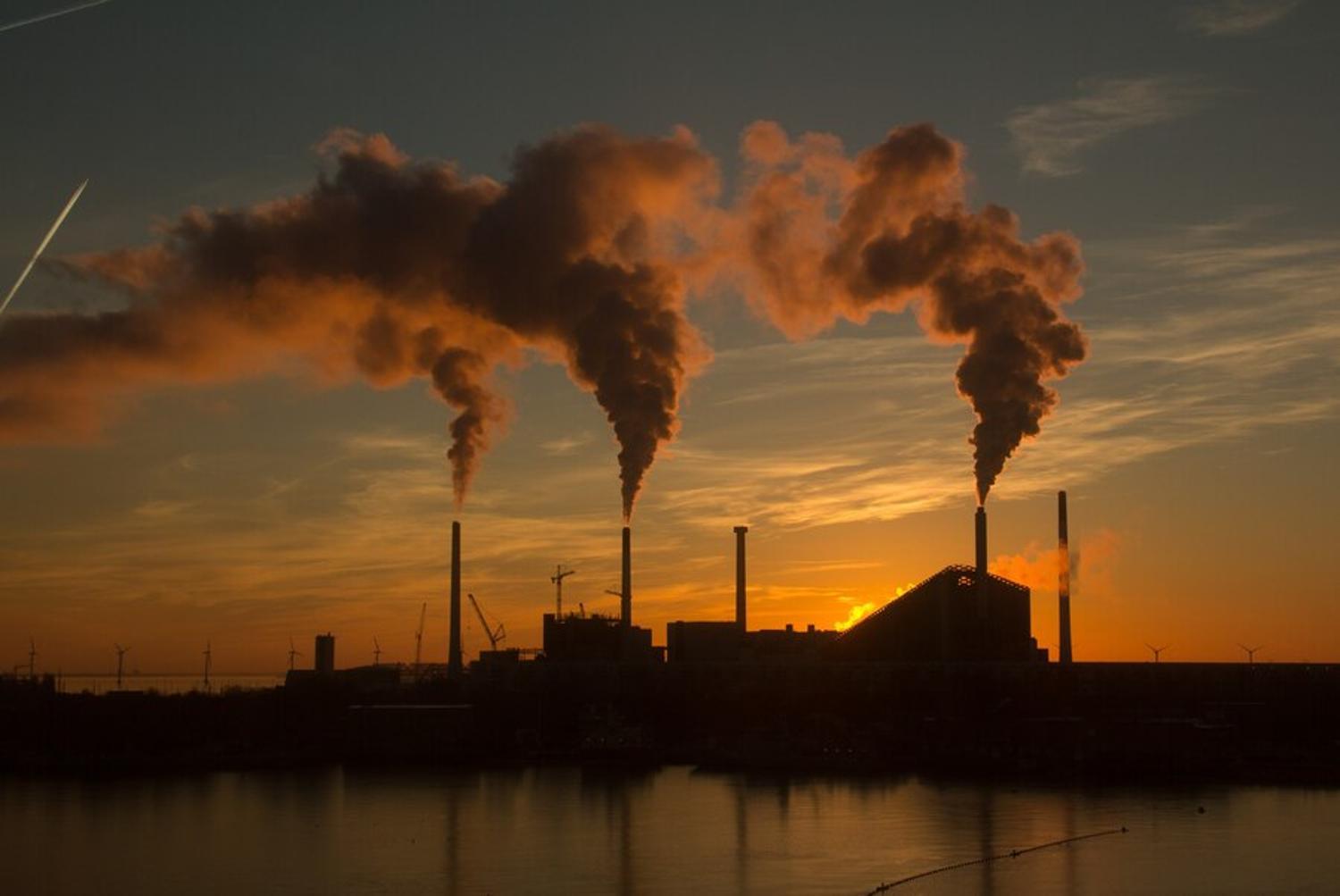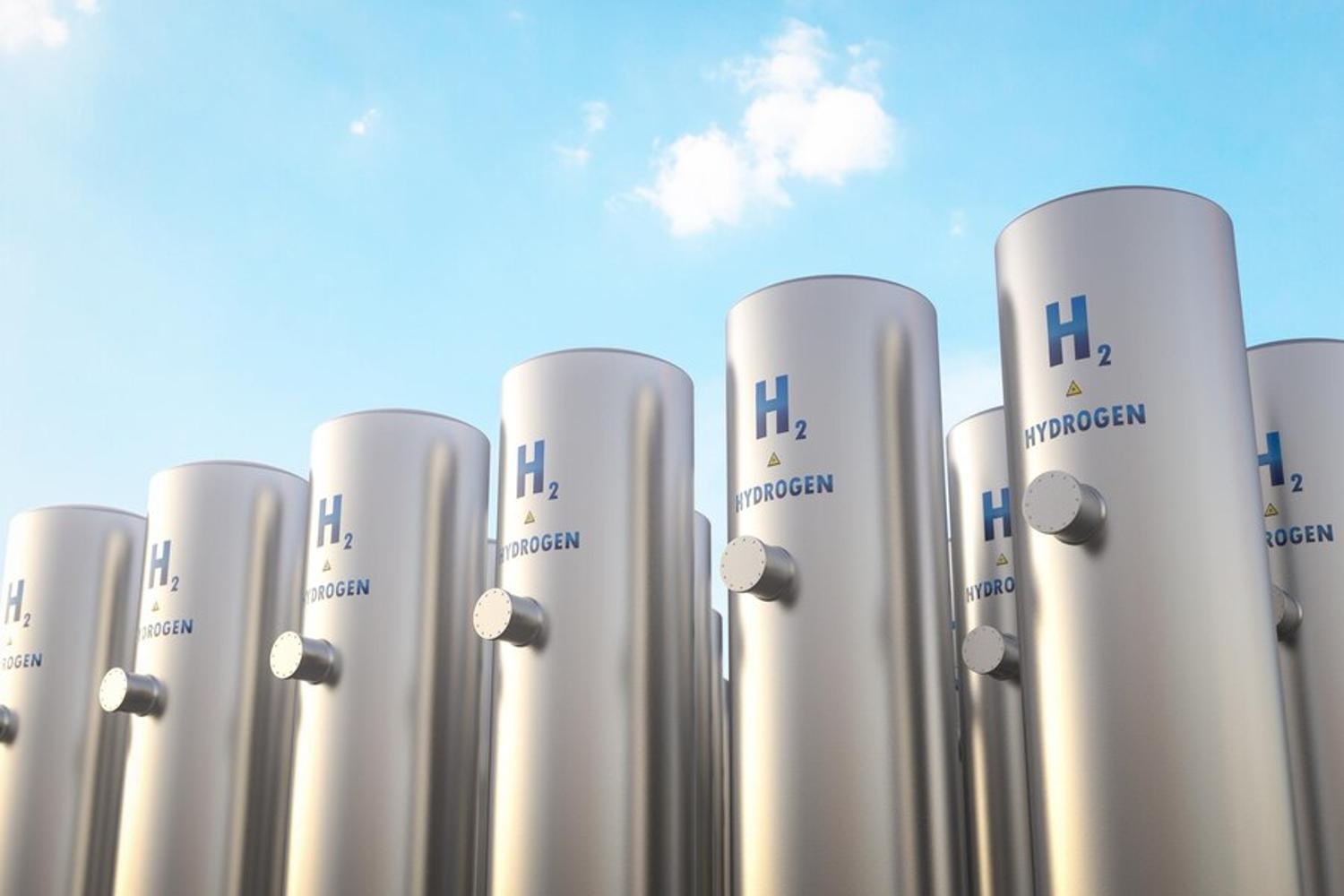Thanks to climate change, humans are becoming increasingly desperate to find a solution to the energy crisis. We know that fossil fuels are badly damaging the planet, but we have yet to find a consistent, safe, and reliable source to replace them.
While researchers all around the world are working tirelessly to solve this dilemma, some have focused all of their attention on one energy source: Hydrogen. However, even with billions of dollars in funding and the brightest minds on Earth, hydrogen still isn’t ready. So, let’s find out why it’s not and when experts believe it will be.
What Is Hydrogen?

Hydrogen is a chemical element natural on our planet and throughout the universe; it can be found in water, plants, animals, and even humans. But sometimes, hydrogen presents as a colorless, odorless, diatomic gas.
Because hydrogen is plentiful, light, and already in gas form, people have long assumed that it would make a fantastic and sustainable energy source. However, transforming natural hydrogen into a viable source to power the world turned out to be quite challenging.
How Can Hydrogen Be Produced?

While there is ample hydrogen in the universe (in fact, 75% of its mass is hydrogen), only a small portion is in gas form. Therefore, humans have tried to find ways to produce more hydrogen gas.
Fortunately, researchers have successfully been able to produce usable hydrogen through renewable power sources like solar and wind, biogas and other natural gases, and even nuclear power.
Finding Ways to Harness Enough Hydrogen Gas to Power the World

The problem is that, even though they’ve been able to produce some hydrogen, no one has figured out how to create enough to actually fuel our homes, businesses, cars, transportation, and everything else we use energy for.
And it’s absolutely essential that they figure it out soon because, as we know, the extensive use of fossil fuels as energy sources is literally killing the planet we live on.
Why Are Fossil Fuels So Bad for the Planet?

To fully grasp the importance of hydrogen development, it’s crucial to understand the extensive damage fossil fuels, including gas, coal, and oil, are doing to the planet.
These energy sources have been popular since the Industrial Revolution in the 1760s, but they create an immense amount of air pollution, specifically excessive carbon dioxide, that is directly causing the many negative side effects of climate change.
Fossil Fuel Use Is Directly Causing Climate Change

When fossil fuels are produced and used, they release large amounts of carbon dioxide, often called greenhouse gas, into the air. Although carbon dioxide is naturally occurring, the sheer amount released by fossil fuels has led to an unnatural shift in the Earth’s atmosphere.
The shift is causing the planet’s temperature to increase at a dangerous rate in both the air and water. It’s also leading to rising sea levels, extreme weather, erosion, land degradation, water pollution, ocean acidification, and much more.
Humans Need to Find a Way to Replace Gasoline in Cars

Fossil fuels, including coal, gasoline, and oil, are used to create almost all the energy or power on the planet. While humans certainly need to find a way to replace these fuel sources, one of the most pressing solutions is how to power our vehicles.
There are more than 1.47 billion vehicles on roads around the world right now, and as the typical vehicle releases about 4.6 metric tons of CO2 every year, by finding a way to build zero-emission vehicles, humans could make a huge dent in the fight against climate change.
Auto Manufacturing Companies Are Working to Build Hydrogen-Powered Engines

Here’s where hydrogen comes in. Although researchers want to find a way to use hydrogen to replace all fossil fuels, at this point in time, most are focused on figuring out how to make cars run on hydrogen instead of gasoline.
For example, auto manufacturers like Toyota, Honda, and Hyundai are currently working to build an internal combustion engine that functions just as the standard engines do now but uses hydrogen instead of gas. And Toyota recently announced that it is extremely close to making that dream a reality.
Gas Companies Are Following Suit

Of course, even if these companies can find a way to replace gas-powered engines with hydrogen-fueled options, drivers need to be able to fill up on hydrogen around the world. Luckily, companies like ExxonMobile and Chevron are simultaneously working to find a way to make that happen.
Michael D. Foley who leads the UK low carbon solutions team at ExxonMobile recently said in a statement, “We’re trying to provide reliable, affordable energy to society as well as reduce emissions. And that’s a really big, complex challenge. In ExxonMobil’s view, hydrogen provides a really important solution to that.”
Stock Price in Hydrogen Is Falling

What’s interesting about the race to replace fossil fuels with hydrogen is that many experts in the field projected it would have happened already. Therefore, over the past several years, people around the world following those projections invested big money in hydrogen.
However, because that reality has yet to come to fruition, hydrogen stocks have dropped significantly this year. Though, some experts believe that it’s hit its bottom and will rebound over the next several years as development continues.
Only 2% of Global Energy Comes From Hydrogen

As of 2024, hydrogen only provides the world with 2% of its total energy use, but some say that number will increase to 10% by only 2050.
According to Foley from ExxonMobile, the only way to ensure that happens is to find an affordable and efficient way to transition the majority of the world’s cars from gasoline to hydrogen.
When Will Hydrogen Be Ready to Replace Fossil Fuels?

Hydrogen is incredibly climate friendly, safe to use, and realistically the best option for replacing fossil fuels and consequently saving the planet we live on. However, no one yet knows exactly when technology will catch up and make this a viable source for the masses.
While many experts argue that clean hydrogen demand could increase by up to 100% by just 2050, a great deal of work needs to be done around the world before that can happen.








































